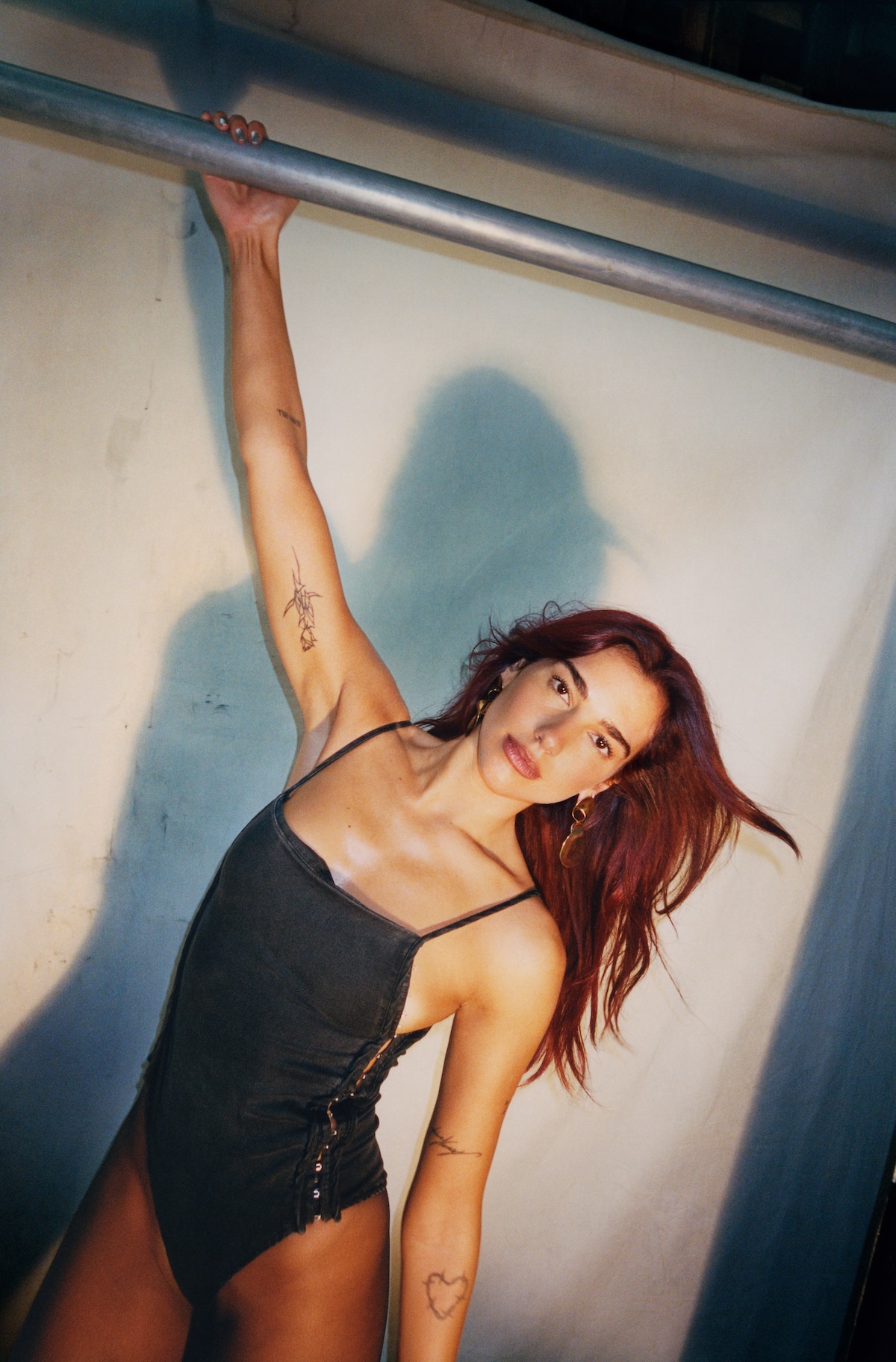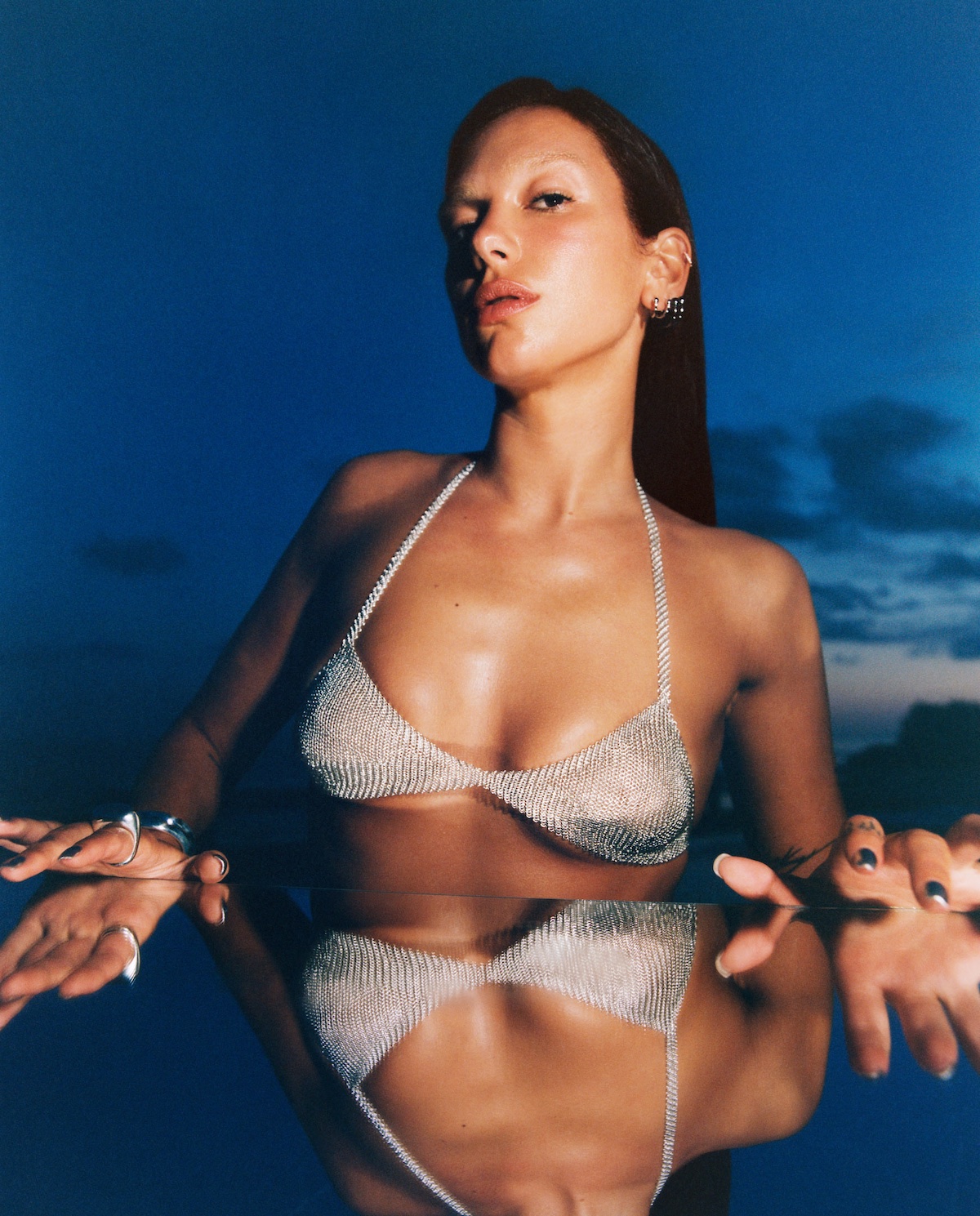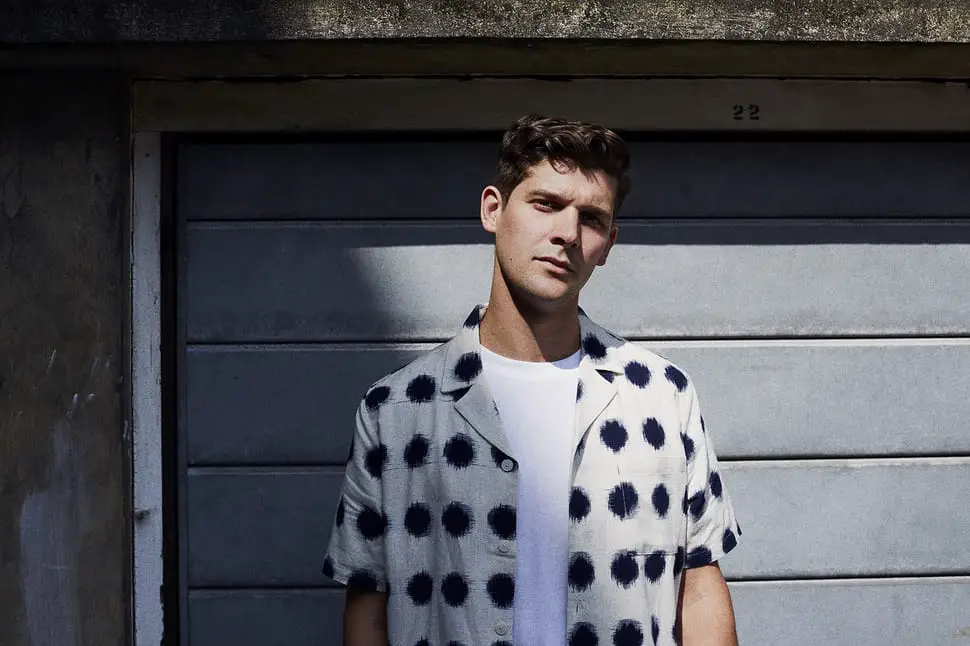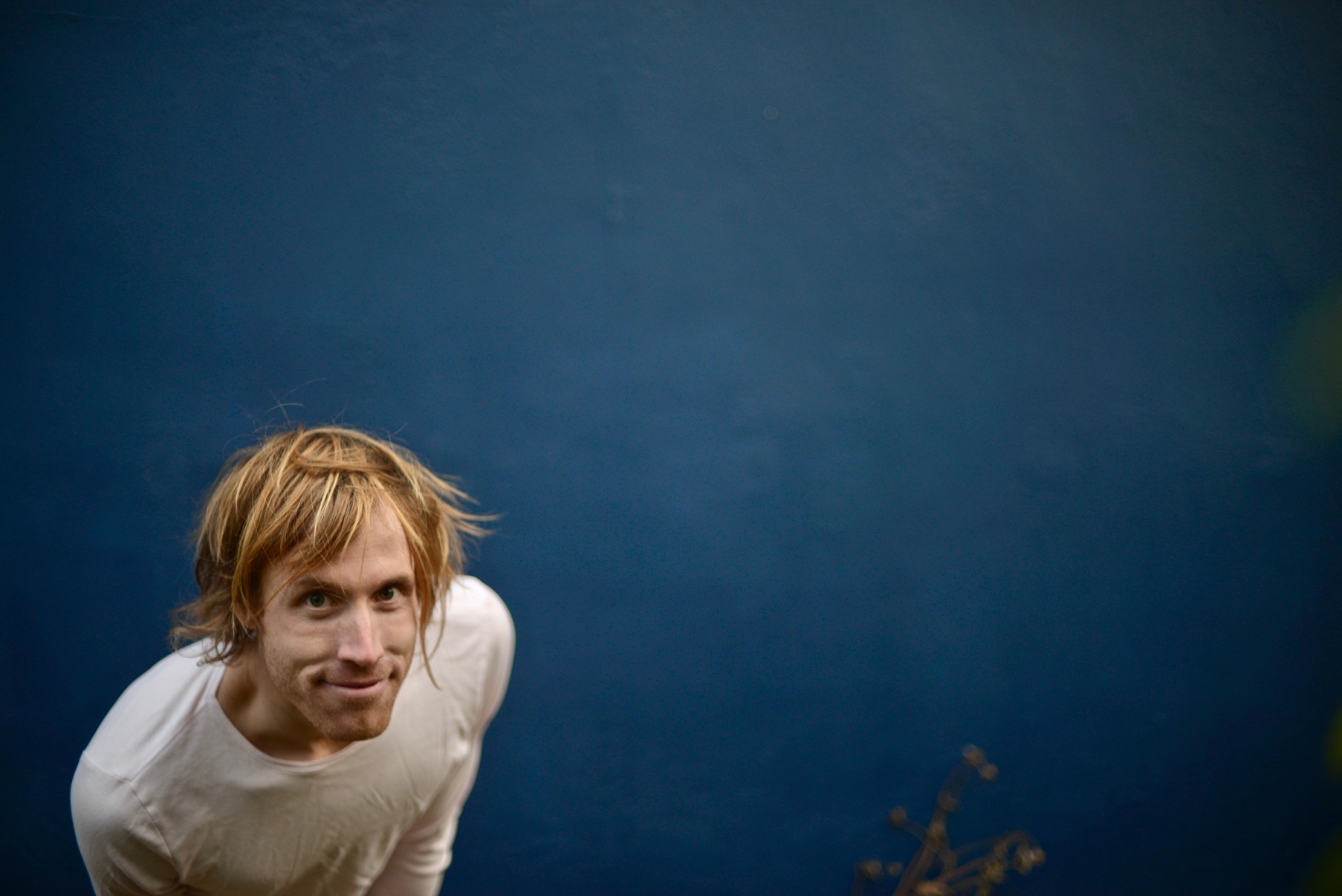Atwood Magazine’s writers discuss Dua Lipa’s third studio album ‘Radical Optimism,’ a catchy and mature dance-pop album infused with psychedelic and ‘90s Britpop influences, and the difficult task of following up her highly-acclaimed ‘Future Nostalgia.’
Featured here are Atwood writers Aaron Childree, Josh Weiner, and Kendall Graham!

— —
To start, what is your relationship with Dua Lipa’s music?
Aaron Childree: Prior to Future Nostalgia, I knew of Dua Lipa and had heard a song or two, but it was with the release of that album that I started to become more familiar with her work and become a big fan. I remember Future Nostalgia as the soundtrack to the first few weeks of the pandemic, and I’m sure many others had a similar experience with that album.
Josh Weiner: Yes, I remember the first song of hers I ever heard was “New Rules” back in 2018. I liked it a lot and was dismayed to learn that the accompanying album, Dua Lipa, had already been out for almost a year and had totally flown under my radar. But I made up for lost time by catching up with that record, and then two years later I was ready to embrace its follow-up, Future Nostalgia, immediately upon its March 2020 release.
As it did for others, that album provided me with some good cheer and energy in a period that otherwise was marred by the doldrums of quarantine life. After Pfizer came to the rescue, though, I at last was able to enjoy the music in the live setting it was destined for– one of the very first songs I saw a street performer rendition of after that year-long hiatus of everything was “Levitating” by a group in New York City in spring 2021.
I saw that as a sign that better times were on the way– and indeed they were! The following year, I got to see Dua Lipa perform twice in 2022, first at the Future Nostalgia Tour in Boston in February and then at Lollapalooza in Chicago in July. Both performances were terrific, and that dual dose of excitement has tided me over for most of the ensuing two years as her break between albums continued to grow.
Now that that break has concluded, though, I am very happy to celebrate Dua Lipa in the present again now that Album #3, Radical Optimism, has finally seen the light of day.
Kendall Graham: I was aware of Dua Lipa from “New Rules” and her first album, but she didn’t make the transition for me from new-pop-girl to artist-I-should-pay-attention to until “Don’t Start Now” and Future Nostalgia, which I thought was a really cool album. She’s one of the main pop artists I follow now because I love that she goes the route of keeping house/club and synth-pop styles front and center in the genre. To put on a Dua Lipa song is to fulfill a desire to cede control for a few minutes in the name of cathartic release. To dance and let go, if only momentarily. This is not solely music-related, but I also remember her getting a lot of flack for not being the best dancer in the beginning, and after she really made a commitment to improve and develop that skill I gained a lot more respect for her.

What are your initial impressions and reactions to Radical Optimism?

Aaron: I’m really enjoying this album. It’s full of catchy vocal hooks and rhythmic synths and everything we’ve come to expect from a Dua Lipa record. The melodies and musical production drew me in on the first listen, but as I listen to it more, I’ve found myself really enjoying diving into the lyrics as well. And I’m certainly not opposed to a good double album, but I have to say, it was refreshing to get an album that feels so tight and cohesive (Radical Optimism contains 11 songs and has a run time of 36 minutes). It’s an impressive show of Dua Lipa’s artistic vision that this set of songs feels so focused and strong from start to finish.
Josh: Like Aaron, I’ve enjoyed my first few listens as well. At first, I was a little troubled to see the album not being quite as well-received critically as Future Nostalgia had been (73% vs. 88% on Metacritic, for instance). But then, I reminded myself, “Hey, even if it’s not quite as good as Future Nostalgia was, there’s still every chance that it’s still pretty decent, right?!” That dose of assurance has allowed me to go back to enjoying Radical Optimism on its own terms.
Kendall: Some of my first impressions of the album were that it really did try to pivot direction and add more elements that weren’t entirely dance- or club-based, like the Spanish guitar on “French Exit” (a funny bit of irony there). I also echo Aaron’s sentiments on so many of the songs being so catchy. I mean, that’s a lot of “the point” but, that being said, I can see Radical Optimism going the way of Future Nostalgia in that some of the songs may take a while to gain the earworm status of “Levitating” or “Physical” or “Don’t Start Now,” but I believe that status will be guaranteed.
Also, when I read that Kevin Parker, of Tame Impala, was going to be one of the key collaborators on the album, I immediately put it to the top of my list of projects to check out upon release. I’m a huge fan of Parker, I think he’s a musical savant, so I was really keen to see what, along with the other collaborators, he’d do with Dua’s sound. “Training Season” is, to me, the song where his influence is most overt. From the first guitar notes and the thumping percussion in the beginning of the song down to the last 45 seconds of pure release, the beat sounds like it could’ve appeared on the “B-Sides & Remixes” EP of Tame Impala’s Currents. Their styles blend so well here, and it was really enjoyable to hear Dua do something kind of frenetic, where I feel like often her music, however dance-y and uptempo, is still reserved.
How does this album compare to 2020’s Future Nostalgia – what are the most striking similarities or differences?

Aaron: I know she’s working with some new collaborators on this album, including Kevin Parker of Tame Impala, but for the most part, I feel like this album stays fairly close to what worked on Future Nostalgia. Future Nostalgia was an incredible record, so I think that decision makes sense. But there is also a subtle evolution taking place on Radical Optimism, both musically and lyrically. Most Dua Lipa songs have a full, polished production from the first downbeat, but “Anything For Love” starts with Dua singing over nothing but piano. And songs like “These Walls” and “Happy For You” explore interesting, complex relationship dynamics. We also get to hear Dua Lipa show off her vocal range more on this album. On “Falling Forever,” there’s this emotive strain and vibrato that gets into her voice when she’s reaching for the high notes that’s very engaging and reminded me of Lady Gaga.
Kendall: I think there were purposeful choices to veer away from the overall aesthetic of Future Nostalgia because, without these choices, she would have started to pigeonhole herself in that dance pop sound. I appreciated the lyrical themes of this album, which feel like a graduation from Future Nostalgia and seem, for the most part, retrospective. Yes, these songs are all about (romantic) relationships but it seems like rather than being caught up in the chaos of them, and even enjoying it, she’s reflecting on things from the other side of the glass (“Maria,” “Happy For You,” “These Walls,” “Anything For Love”). And her wistfulness is beautiful here, even if it pains or haunts her. I think she really utilizes her voice well, and even pushes it at points, which is refreshing to hear and doesn’t sound really like anything I heard from Future Nostalgia, particularly on “Maria,” which I didn’t like that much at first but has fast been growing on me.
Josh: It’s not a carbon copy of Future Nostalgia, but upon a blind listen you could still probably tell that both albums are by the same singer from roughly the same era of her career. Dua Lipa has herself claimed that this less is more “nu-psychedelia,” whereas its predecessor was more “nu-disco.” But personally, I couldn’t really tell you what distinguishes one of the genres from the other, so I’d just say: “Woah, Dua Lipa is modernizing the music of the 1970s for present-day listeners on both of these albums. You go, girl!”

Dua Lipa teased Radical Optimism with “Houdini,” “Training Season,” and “Illusion.” Are these singles faithful representations of the album?

Aaron: I think the singles give you a pretty good sense of what to expect from the album. Even beyond that, they’re all dance-pop bangers, so I would have a hard time arguing against them as the choices for singles. But those three songs don’t give you as much of a sense of the ways this album is treading new ground for Dua Lipa. To foreshadow some of the moments on the album that are a bit different, “Happy For You” would have made an interesting choice for a single — not as the first single, but maybe as the second or third. It’s still a catchy, radio-friendly song, but it has a lyrical complexity and a tinge of wistfulness that aren’t as present in the three singles. “Happy For You” was one of the songs she chose to perform on her recent Saturday Night Live appearance, so there seems to be an understanding from Dua Lipa herself that it’s a standout track.
Kendall: If singles mean putting your best album-foot forward, then yes, definitely. I actually think using any of the other songs as singles wouldn’t have been as smart a choice. With these three songs, she can still keep listeners interested and in anticipation of if the rest of the album will sound like these songs or will be a stark difference. If she’d used any of the other songs, she’d have given away the store, in a way, because this album really does offer something different from “Future Nostalgia” and her self-titled debut. These particular singles are almost a “gotcha” moment for Radical Optimism. I agree with Aaron’s point on “Happy For You” also being single-worthy. And having watched the performance of it (and having enjoyed it), I agree about Dua herself having an understanding of this. Maybe the performance was another offering, another glimpse into Radical Optimism for those who haven’t yet been acquainted, and hopefully she’ll keep it in her live performance roster.
Josh: I agree with both Aaron and Kendall. For sure, these three singles indicate that we’ve got a major party in store for us on this album, and by and large Radical Optimism ends up delivering on that promise, inasmuch as the other eight tracks of this album are solidly upbeat as well.
Radical Optimism has been billed as an album that “taps into the pure joy and happiness of having clarity in situations that once seemed impossible to face.” Does this capture the spirit of these songs, and where do you hear or feel it most?

Aaron: This is an optimistic album, but not in a way that insists that everything is perfect all the time. It’s a more mature optimism than that. Like the quote in the question suggests, it feels more like an investigation of how happiness comes from knowing you have the tools to deal with the challenges life will inevitably throw your way. For example, “These Walls” is a song about a relationship that is filled with tension and difficulty. That’s certainly not a joyful situation to be in, but the optimism comes from having the clarity to know that it’s time to move on and leave an unhealthy relationship.
Kendall: Having clarity in a situation that before was impenetrable feels like a weight being lifted off the shoulders. I think the intention in choosing to recreate this sensation for yourself in any adverse situations moving forward has a lot to do with considering radical optimism as an attitude. I also think there’s restraint here, maybe some of these wounds are only newly-patched, but it’s definitely radical optimism in theory if not all the time in practice. I hear the restraint the most in “Maria,” closing track “Happy For You” (which I think, for the most part, is a wise choice for closing track) in both vocals and production. I hear the radical optimism coming into practice on “Illusion” and “Falling Forever,” particularly the latter with its roiling drums and the chorus lending itself easily to full-throated, head-thrown-back-screaming.
Josh: Man, I’ll have to give this album a few more listens before I can say which particular lyrics encapsulate that theme for me. But for now, I’ll say that, compared to the bleakness of the world back in early 2020, when Future Nostalgia was released, there’s a lot more to be joyful and happy about these days, and Radical Optimism captures that overall shift in global mood quite well.

Which song(s) stand out for you on the album, and why?

Aaron: Right now, my favorite song on the album is “Happy For You.” I love the emotional ambivalence and complexity in the lyrics—it tells the story of someone realizing that they are truly happy for a former love who has moved on. But in this realization, they are simultaneously reckoning with a new understanding of just how much they loved that person. And all of that is set to an incredibly catchy melody and instrumental — when the chorus hits, it gets me every time! I also find the song “Anything for Love” interesting for the way it starts off with just vocals and piano. I would love to hear more of that from Dua Lipa in the future.
Kendall: “French Exit” and “Maria” both stand out to me because of the acoustic guitars. It’s something that you might not immediately associate with Dua Lipa’s music, and I like that unexpected element. I also love the drums on “French Exit,” and the song really feels like a farewell, it feels like it’s playing at the end of the night when things are wrapping up. It’s aptly-named, and I don’t think it would have been too on-the-nose to make it the closing track. I wasn’t hugely into “Maria” at first because I thought that the chorus was kind of sparse, but repeat listens allowed me to appreciate the production, which is pretty unique to her discography (that flute sound burrowed its way into my head this week.) “Training Season” stands out to me because, as one of the singles, it made me excited to see what the rest of Radical Optimism had in store. That it was created and produced with Parker was the cherry on top (he’s never been part of a bad song, in my opinion), but it’s a fierce, standout track that I think is working to associate Dua with an alpha female archetype, a woman known for freely expressing and musing on their autonomy. She does it in a very cute, coy, fun way.
Josh: Whenever I see this question and the answer in my mind is the album’s lead single, I feel a little embarrassed – like, “Really, dude, you couldn’t do a little more digging than that?” But so be it – I was immediately a big fan of “Houdini” when it came out last fall, and I am still fine defending it as the album’s most exciting and upbeat moment.
Do you have any favorite lyrics so far? Which lines stand out?

Aaron: I’ve talked a lot about the emotional complexity in the lyrics, so I’ll give a few examples of where I think Dua Lipa executes that really well. On “Falling Forever,” she belts, “How long can it just keep getting better? Can we keep falling forever?” The song is almost begging the listener to answer—no, of course it can’t get keeping better forever.
And my personal favorite, from “Happy For You”: “I must have loved you more than I ever knew, because I’m happy for you.” Even on “Illusion,” a song that is impossible not to dance to, she sings, “I really like the way you’re moving, yeah, I just want to dance with the illusion.” The tension between the energetic instrumental tracks and these introspective, thought-provoking lyrics gives the album even more depth.
Kendall: One of my favorite lines is from “Illusion,” when she says, “I still like dancing with the lessons I already learned.” I love the idea of flirting with this hypothetical danger from intentionally revisiting painful situations where you had to take accountability. I identify with that particular brand of nostalgia. From “End of an Era,” I also like “Another girl falls in love / Another girl leaves the club.” I like the imagery of that, and I like the rhythm of it. These women finding someone who’s just right enough to make them bid farewell to this environment that’s probably given them so much joy and removed so much of their inhibitions. It stood out to me on repeat listens. And I second Aaron’s choice from “Happy For You” because I think it’s a great example of the album’s central theme. Being happy that someone you used to love is in love with someone else can feel strange, like a betrayal, until and if you choose to focus on/pour into your capability to love greatly, boundlessly. I would consider that a radically optimistic outlook.
Josh: Again, I’m leaving the deep digging for another day, it seems– but I do really like the central catchphrase on the album’s lead single: “Catch me or I go, Houdini!” It’s quite a clever simile, from my POV, and it creates a sense of urgency for all the fellas out there listening, which adds to the excitement value of the song.
Plus, maybe it’s just my inner history teacher speaking up for me, but I do like it when historical figures get woven into lyrical imagery, whether it’s Taylor Swift singing “You’ve got that James Dean daydream look in your eye” or Lil Wayne rapping “I am no Elliott Ness. I don’t handcuff, I don’t arrest.” In this case, Dua Lipa is able to incorporate history’s most famous escape artist very effectively into a song “about knowing yourself, understanding yourself, [and] knowing what’s good for you at that moment.”

Where do you feel Radical Optimism sits in the pantheon of Dua Lipa’s discography?

Aaron: This is my favorite Dua Lipa album, with Future Nostalgia as a very close second. Future Nostalgia might be a bit better if you’re looking for straight-up dance floor music. But Radical Optimism asks you to dance to it while also contemplating the lyrics, which is a bit more my style. I’m also interested to see if this latest album offers any clues to the new sounds Dua Lipa might explore on her next project, but for that, we’ll just have to wait and see!
Kendall: I think Future Nostalgia is an almost-flawless album, but that’s because I’ve had the time to sit with it and let it mature. That being said, even with only a fraction of the listens, Radical Optimism has really endeared itself to me in a short time. So many of these songs I already know will be on my summer playlists (and my spring playlists, and my On Repeat playlist…) because they lend themselves extremely well to the warm, carefree, unrestrained, laid-back vibe of the warmest months of the year. I would place Radical Optimism in the middle of her three albums; it makes more interesting production choices than her self-titled debut (and Future Nostalgia, to be fair) but Future Nostalgia is a better, more cohesive package. It knows exactly what it is and does it very well. Who knows, though? I can see Radical Optimism tying for the top spot. I think it depends on if I’m in the mood for four-on-the-floor dance diva Dua, or reflective, psychedelia-tinged, slightly-calmer dance diva Dua.
Josh: Man, it’s hard to top Future Nostalgia. Such a good album, and so many cool memories attached to that one. But I’ll hand Radical Optimism a shiny silver medal all the same, with Dua Lipa settling for the bronze. Hopefully, it’ll take fewer than four years this time for us to see where Album #4 falls on that ranking.
— —
:: stream/purchase Radical Optimism here ::
:: connect with Dua Lipa here ::
— — — —

Connect to Dua Lipa on
Facebook, Twitter, TikTok, Instagram
Discover Dua Lipa on Atwood Magazine
📸 © Tyrone Lebon
Radical Optimism
an album by Dua Lipa








